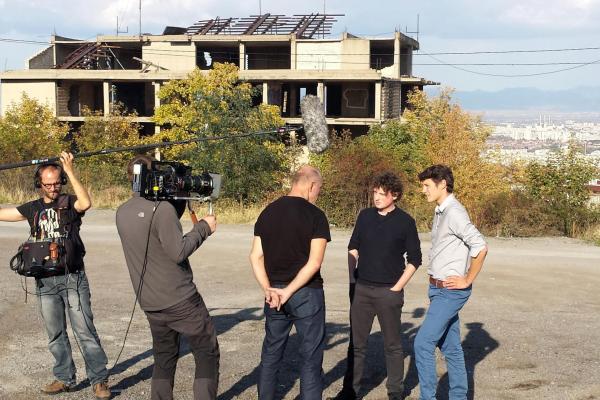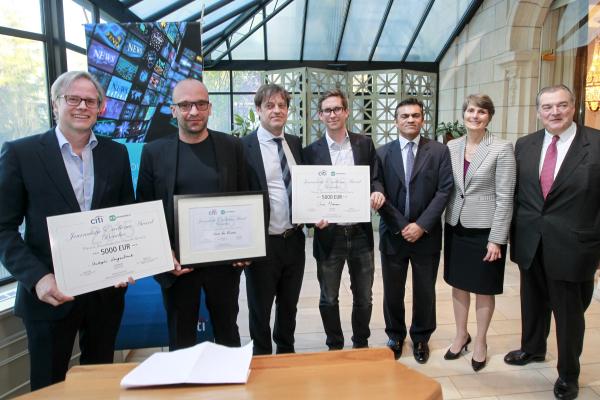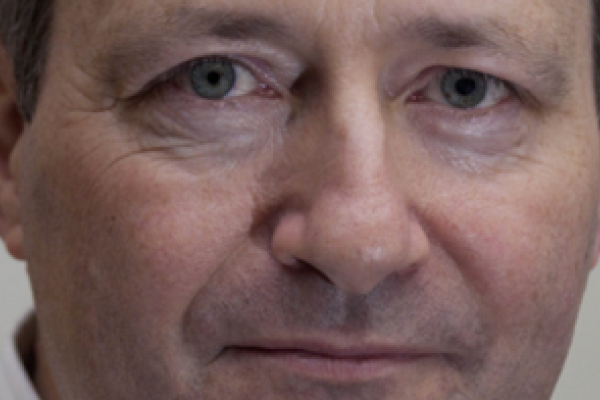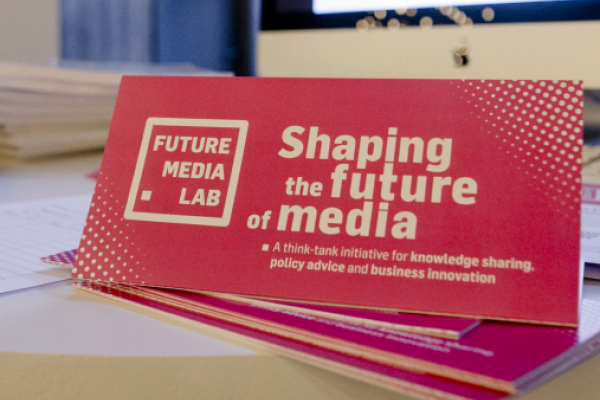How do you get started with an international investigative project? Where do you get financial resources and how do you convince the established media to publish your story? With the support of Journalismfund.eu and the Pascal Decroos Fund, we found the answer to these problems. Our in-depth research on exploitation in elderly care led to written publications in three countries and a 40-minute broadcast by one of Belgium’s leading documentary programmes.
It started with a rumour about underpaid caregivers who lived with Belgian elderly people. Allegedly, some were receiving less than the national minimum wage. To us, four participants in Journalismfund.eu’s IRJ-course (Ruben Brugnera, Michaël Merrigan, Jasmijn Post and Anoek Hofkens), it sounded like a story with a potentially larger societal relevance, especially given the growing importance of foreign workforces in Western-European economies.
As we started digging, it didn’t take long to find out that we were onto something far larger than expected. Our research showed that the story was relevant not only for Belgium but also for the Netherlands and Bulgaria and – in a more general sense – to the European Union as a whole, as it painfully exposes important weaknesses in the implementation of the EU’s Free Movement of Workers.
It was the beginning of a potentially big story. Through the IRJ-programme we had acquired the tools and methods related to investigative journalism. And, together, we also had enough combined background in politics, law and corporate structures to engage in this inquiry.
For all of us, this investigation was going to be our first major research story. However, we quickly realised that finding the necessary financial means as well as a Bulgarian counterpart was not going to be easy. This is where Journalismfund.eu and Pascal Decroos Fund came in. Upon the advice of mentor Ayfer Erkul, we applied for funding from the two grant programmes and were extremely fortunate to receive grants from both.
Moreover, Journalismfund.eu’s managing editor Brigitte Alfter brought us into contact with Stanimir Vaglenov, a Bulgarian journalist specialised in fraud and corporate crime. Together with him, we were able to conduct an in-depth investigation on the Bulgarian side. Also, with his extensive experience he helped us make sense of our findings.
The fund’s support was also very helpful in the search for publishers. We quickly learned that the support from Journalismfund.eu helped overcome the fact that we did not – yet – have an extensive track record to show. But with it, the publishers gave us the chance we wanted to prove ourselves.
The result – so far – is a 40 minute documentary broadcast at Belgium’s largest private TV-channel (VTM – Telefacts), a publication in the country’s leading political weekly (Knack), a front-page article in a prominent Dutch magazine (De Groene Amsterdammer) an extensive story in Bulgaria’s leading newspaper (24 Chasa) and an article in the English-language EU Observer.
The story also led to a wave of secondary publications and political reactions. In Belgium, nearly all newspapers covered the subject, and the story was also a headline in VTM’s television news. It spurred a debate at the Flemish Parliament and statements of the Flemish minister of health and care and the Belgian minister of employment. Formal questions were also submitted at the Dutch Parliament. In Bulgaria, the Ministry of Labour and Social Policy was forced to issue a press statement, explaining the steps they had taken and announcing a new inquiry into the firms that were under scrutiny by the project.
The story
Exploitation in elderly care focuses on the plight of Bulgarian women who come to Belgium and the Netherlands as posted workers to care for elderly people who want to spend the last months or years of their life in their own home, instead of in a retirement home. The investigation scrutinises one of the main players on the market offering such services, Seniorcare24.
The investigation revealed that the Bulgarian women employed by this group are being exploited. Their wages are kept far below Belgian minimum standards, if paid at all. The women’s working days are marked by long hours, very little time to rest, and threats and intimidation by the company’s owners. Moreover, through a network of Belgian and Bulgarian legal entities, the company’s owners seek to evade any kind of oversight and, ultimately, legal liability.
Read the full story here: The slavery of care: Bulgarian women working in the West as caregivers.



